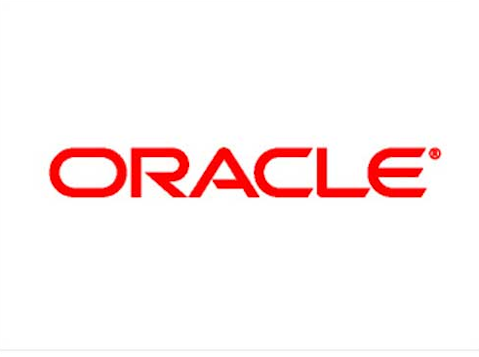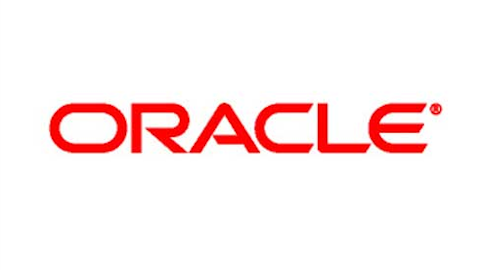It’s been a terrifying market over the past few weeks. After teetering at all-time highs amid a nearly unshakable sense of optimism, the market has crashed hard in recent sessions on fear that the Federal Reserve may taper off its monthly asset purchases.
As if the massive losses of June 19 and 20 weren’t bad enough, Oracle Corporation (NASDAQ:ORCL) investors received more bad news on June 21, when the company reported quarterly earnings that widely disappointed. Shares closed 9% lower on the day, representing a 14% drop in just one month. Should investors stick with the technology giant?
It’s not so nice in the clouds
The enterprise software company, along with its industry, is in something of a transition period. Oracle is shifting a good portion of its business to focus on cloud computing solutions, in which companies store and access data over the internet.
Unfortunately, the economic climate isn’t exactly ideal for companies undergoing major overhauls. Indeed, Oracle Corporation (NASDAQ:ORCL) management blamed much of the disappointing quarterly results on the poor economy, with the company’s Asia-Pacific segment showing particular weakness.
All told, Oracle’s fiscal fourth-quarter net profit rose 10% to $3.8 billion on flat total revenue. Excluding items, Oracle’s earnings matched expectations, but revenue fell well short of expectations.
In all, this quarter marked the second in the row in which Oracle Corporation (NASDAQ:ORCL) missed forecasts for software sales and subscriptions.
Going forward, the picture remains cloudy at best. Management stated that new software sales and subscriptions will rise 0% to 8% during the current quarter.
More attractive opportunities in tech
Oracle Corporation (NASDAQ:ORCL)is in a muddle-through period, and unfortunately, shareholders don’t have much to hang their hat on in the interim. Oracle doubled its quarterly dividend, to $0.12 per share, but the stock still yields just 1.5%. That means that shareholders don’t have much downside protection, which becomes especially valuable on days like June 21.
Also, Oracle still trades for about 14 times trailing earnings, which sounds cheap considering the broader market trades for a higher multiple. But Oracle is actually more richly valued than many of its technology peers, including Cisco Systems, Inc. (NASDAQ:CSCO) and Intel Corporation (NASDAQ:INTC), which trade for 13 and 12 times trailing earnings.
After releasing the company’s third-quarter results, Cisco CEO John Chambers said his company was ‘hard to beat,’ and it’s hard to disagree. Cisco’s third-quarter net sales increased 5% year over year and GAAP earnings per share increased an impressive 15% versus the same period in 2012.






